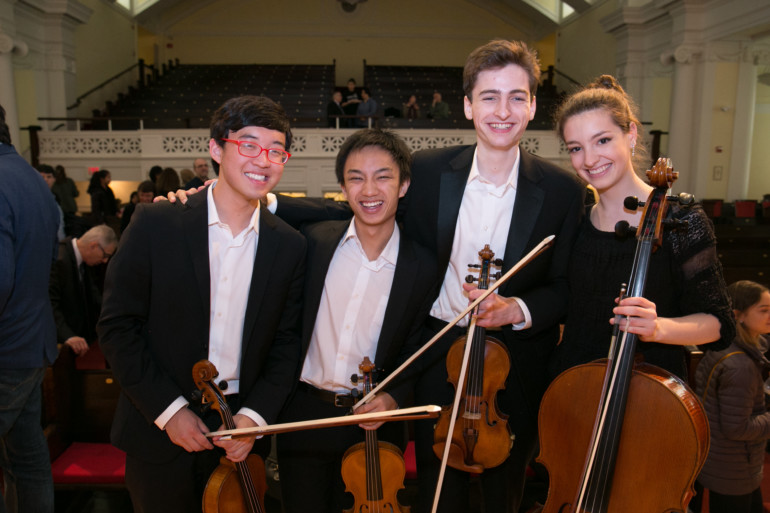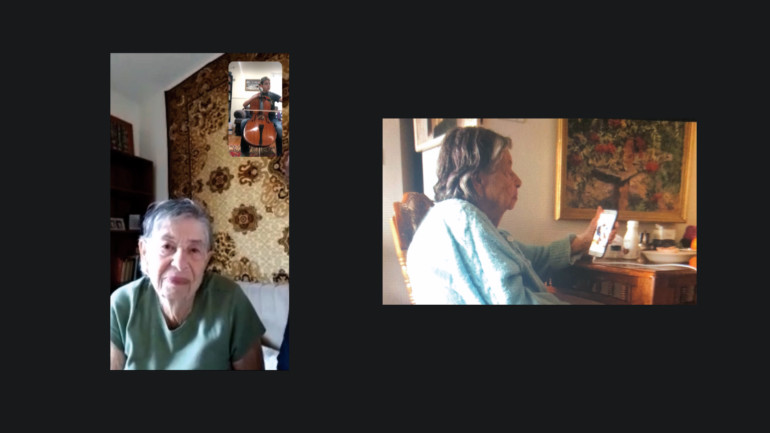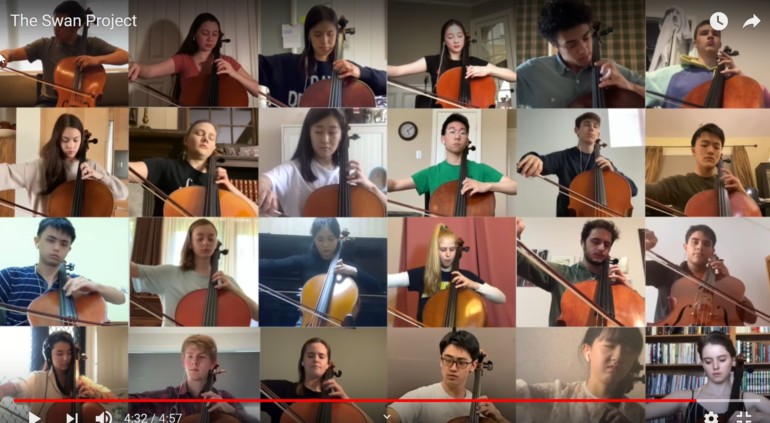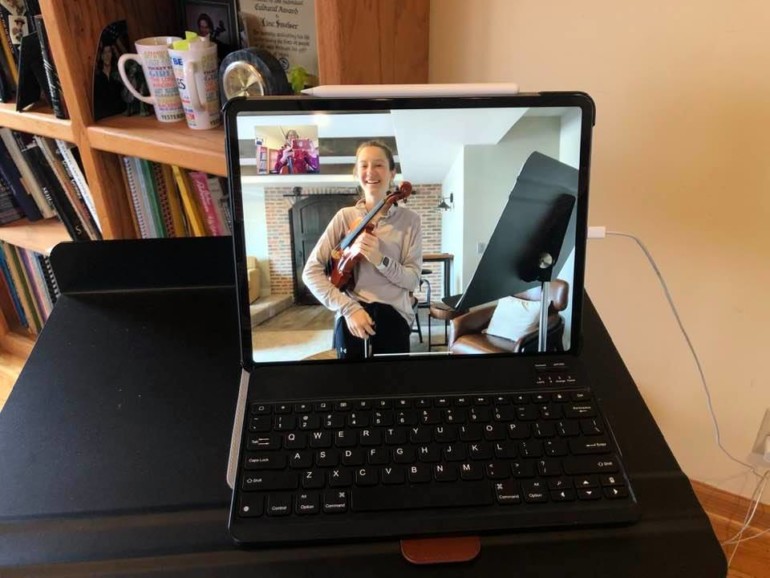About 55 minutes into Frank Capra’s iconic film, “It’s a Wonderful Life,” a financial panic causes townspeople to start a “run” on the Bailey Bros. Building and Loan. George Bailey (Jimmy Stewart) faces the angry crowd and explains, “You’re thinking of this place in the wrong way, as if I have the money back in a safe. The money’s not here,” George pleads. “Your money’s in Joe’s house…that’s right next to yours; and the Kennedy house and Mrs. Maklin’s house and a hundred others.” Ultimately, the townspeople were persuaded that it was much better to trust and help each other than to collapse in individual panic.
A silver lining of the COVID-19 crisis is that people are rising to the occasion to help local caretakers, businesses, and civic organizations to stay afloat. Community-based institutions exist for good reason; they stabilize society and provide a mechanism for educating our children, delivering healthcare, and generally improving our quality of life.

The Music Institute of Chicago occupies a small corner of the world. However, we have found that people in our community see us as something special in their lives and want their music lessons and recitals to continue. They want some semblance of normalcy for their children and themselves. Music teachers can become like surrogate parents. The familiar faces and steady hands of teachers are valued, even if the lessons are delivered by videoconference.
Four of those steady hands belong to Abe and Arlene Stokman, longtime piano faculty members at the Music Institute of Chicago. The Stokman’s were to have received the Colburn Award for Teaching Excellence at the Music Institute of Chicago Gala, which had to be cancelled. In addition to the missed opportunity to honor two great piano teachers, the Gala cancellation has left a large hole in the school’s budget. But the Stokman’s and others teach on.
Courtney Holohan, a parent of two Music Institute students wrote, “Our incredible teachers have thoughtfully and thoroughly become overnight technological wizards, delivering first rate lessons with incredible energy, inspiration, creativity, and joy. The resulting sense of certainty, routine, connection, and meaning have been a lifesaver in lifting up our entire household.”

Music is also a source of comfort beyond the lessons. The Music Institute has long utilized student performances in its community service activities. Now students are putting their music online to bring comfort. Among the many pieces of music posted online is a particularly beautiful recording by Cameron Chui, a cello student at the Music Institute of Chicago. Cameron recruited 23 of his cello colleagues from across the world to seamlessly stitch together a collective performance of Camille Saint-Saëns’s “The Swan.”

The Music Institute continues to operate their school, delivering lessons and classes through interactive videoconferencing. In addition, they are working hard to continue to support faculty and staff. To help meet the responsibility, the Executive Committee of the Board of Trustees has created the Nichols COVID-19 Support Fund to aid the effort. Contributions are welcome, appreciated, and tax-deductible. MIC is indescribably grateful to Alexandra Nichols, who started off the fund with a leadership gift of $1,000,000. Readers can contribute to this fund by clicking this link.
To help your donation go further, Susan and Nick Noyes are offering $10,000 towards a matching grant campaign. Your contributions will ensure that MIC will be strong when we celebration our 90th anniversary in 2021.
You can watch a message from President and CEO of the Music Institute, Mark George, here. You can also view some of their students’ past performances via their YouTube channel.
Founded in 1931, the Music Institute of Chicago (MIC) is a nonprofit organization that leads people toward a lifelong engagement with music by providing widely accessible resources for high quality music teaching, performing, and service activities.
More from Better:


